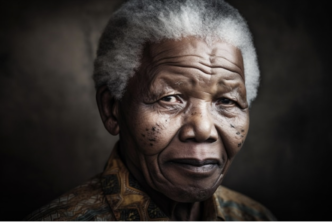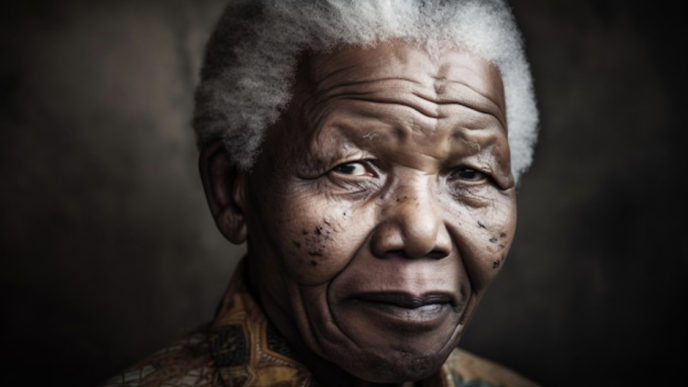Nelson Mandela’s legacy of fighting for equality and justice continues to inspire people around the world. As we celebrate Nelson Mandela Day, it is essential to remember that the fight for equality can take many forms, often beyond traditional activism.
Here are six unexpected ways to fight for equality in your community, inspired by Mandela’s enduring spirit of resilience, compassion, and unity.
1. Challenge Your Biases
We all hold unconscious biases, shaped by our upbringing, environment, and media consumption. These biases can influence our interactions with others and perpetuate inequalities.
The first step towards creating a more equitable community is acknowledging our own biases. Take online implicit bias tests to understand your own blind spots.
Read books or articles that explore different cultures and perspectives. When you challenge your own biases, you become more open-minded, creating space for genuine connection.

2. Promote Inclusive Education
Education is a powerful tool for change, as Mandela himself believed. However, achieving educational equality requires more than just providing access to schools. It involves creating an inclusive curriculum that respects and celebrates diversity.
You can advocate for programs that support underrepresented groups, such as students with disabilities and those from marginalized communities.
Volunteering as a mentor, supporting scholarship programs, or working with local schools to develop inclusive policies can significantly impact your community. Inclusive education helps dismantle systemic barriers and provides equal opportunities for all students to succeed.
3. Amplify Diverse Voices
Social media platforms and community forums can become echo chambers, amplifying voices similar to our own. Make a conscious effort to seek out and share content created by people from diverse backgrounds.
Attend events hosted by marginalized communities. Support local businesses owned by minorities. By amplifying diverse voices, we create a richer experience and challenge the dominant narratives that can perpetuate inequality.
4. Champion Inclusion in Familiar Spaces
Equality should permeate all aspects of our lives, including our workplaces, social circles, and even our hobbies. Advocate for inclusive practices in your workplace, such as ensuring diverse representation in project teams or unconscious bias training for all employees.
Within your social circle, challenge jokes or stereotypes that perpetuate prejudice. When joining a sports team or club, consider the accessibility and inclusivity of the environment. By advocating for equality in your everyday spaces, you can create a ripple effect of positive change.
5. Fostering Intergroup Dialogue
Prejudice often thrives on a lack of understanding and communication. Seek opportunities to engage in respectful dialogue with people from different backgrounds.
Volunteer at organizations that promote intercultural understanding. Attend community potlucks or cultural events. By fostering intergroup dialogue, we can break down stereotypes, build bridges of empathy, and find common ground.
6. Champion Accessibility
Equality extends beyond race, ethnicity, and gender. Many people face challenges due to physical limitations, socioeconomic background, or learning styles.
Advocate for improved accessibility in public spaces, such as ramps or elevators for those with mobility issues. Support initiatives that provide educational resources to underprivileged communities.
Volunteer your time to organizations that cater to people with disabilities. By championing accessibility, we ensure everyone has the opportunity to participate fully in society.

7. Lead by Example
Our daily actions speak volumes. Treat everyone with respect, regardless of their background or social status. Challenge discriminatory language or behavior when you witness it.
Mentor or volunteer with young people and instill in them the values of tolerance and acceptance. By leading by example, you inspire others to embrace equality and create a more inclusive environment.
Honoring Mandela’s Legacy: A Call to Action
These everyday actions, inspired by Nelson Mandela’s lifelong commitment to justice, can create a powerful force for change. Kindly note that even small acts of compassion and advocacy can contribute to a more equitable future.
Start by incorporating one or two of these practices into your daily routine. As these actions become habits, you will become an agent for positive change in your community.













